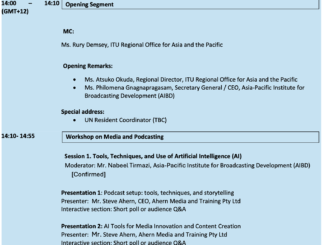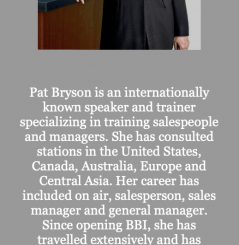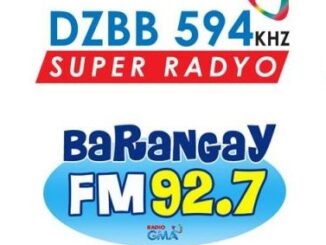Selling Radio Direct with Pat Bryson.“If they won’t give you their time, they won’t give you their money.”How true this is!Through the skillful use of “grabbers” we can get the attention of potential clients.
Remember to use emotionally evocative words in your “grabbers”. People buy emotionally and justify it with logic. If we approach people with words that make them call to mind problems their business is experiencing, and, if they think we might be able to help them to solve those problems, they will give us their time. They must give us their time before they will give us their money.These “grabbers” can work in person or over the phone. How are you dealing with voice mail? In addition to “gatekeepers” our clients now have another way to prevent unwanted interruptions. (read: hide from us!)Scenario A: You’ve been calling and calling a new prospect, trying to schedule an initial appointment to assess his needs. You’re being ignored by the use of voice mail.The next time you reach his voice mail, schedule an appointment. Leave the date, time and place of the meeting (his office). Ask him to call you back only if the arrangements are inconvenient.
While many potential customers won’t call you back to schedule an appointment, they will call you back to prevent one.Scenario B: You’ve had trouble reaching a prospective client. Again, you get his voice mail. Try calling before or after regular business hours. Much of the time, the top decision maker will be at his or her desk long after the staff has gone home. You’ll be talking to a real, live person.Scenario C: One of your current clients has given you a referral. It’s usually not every effective to leave your number on a prospective client’s voice mail. Instead, tell him you have been asked to call by Mr. ___ and that you will return the call the next day at ___O’clock. That way, he’ll be expecting your call and will know that you were sent by one of his acquaintances. Also, you can truthfully tell his gatekeeper, “Mr. ___ is expecting my call”.Previous article:The 3 little pigs and the rule of three in sales […]




